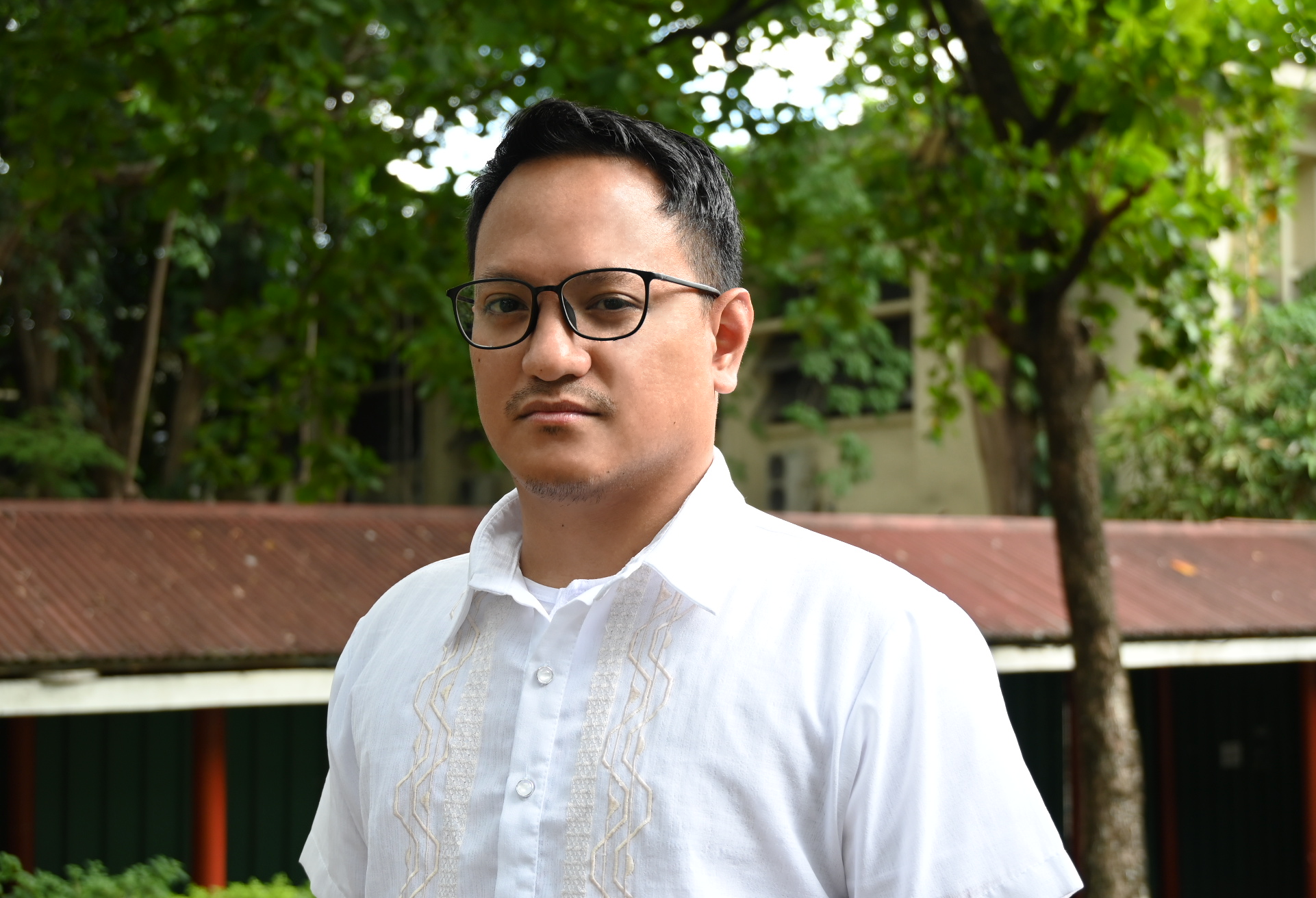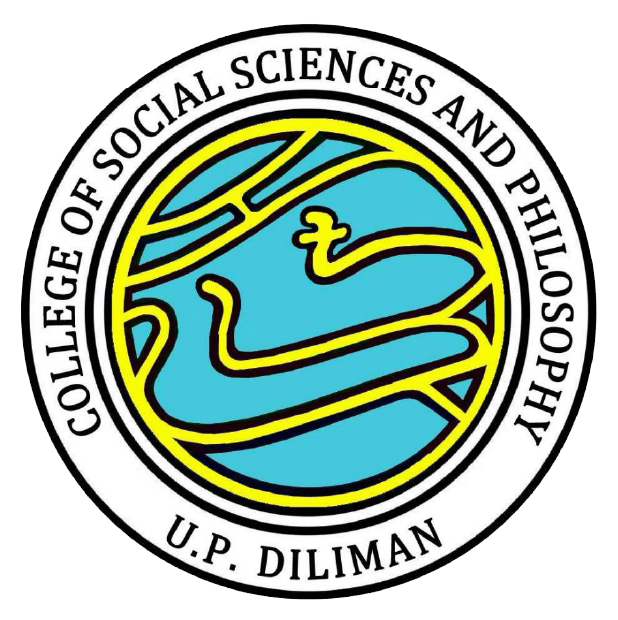Rizal’s Project: Historical Reconstruction of the Philippine Past
1521 Revisited: The Quincentennial Commemorations in the Philippines Volume 2
In his historically celebrated essay Filipinas dentro de cien años (1889), Jose Rizal emphasized the essential importance of studying history in charting a society’s future: “In order to read the future destiny of a people, it is necessary to open the book that tells of her past.”2 Indeed, Rizal was a historian of his time; a dedicated scholar and a conscious thinker, particularly of the importance of his role as a learned individual who involuntarily received yet embraced fully the task of pursuing the production of knowledge toward political reforms and social enlightenment. This paper aims to provide a historical survey of Rizal’s endeavors as a historian. I argue that Rizal’s training as a historian was a by-product of his engagements in the emerging scientific fields in Europe, as history and science both deal with the critical and comprehensive search for empirical knowledge. In particular, this work: (1) revisits Rizal’s thoughts on history and his initiatives in historical research; (2) assesses some of Rizal’s writings on Philippine History, and (3) analyzes how those ideas, initiatives, and writings were vital in the Propaganda Movement’s vision of social and political reforms, and in general, in the quest for a national narrative grounded on the point-of-view of the Filipinos. As an approach, this paper uses C. Wright Mills’ dictum of sociological imagination,3 wherein the critical cognizance of both the life of an individual and history of the society is vital in understanding one another. Rizal’s life, particularly his knowledge-seeking activities, is corroborated by his initiatives related to historical research. Moreover, Rizal’s works and ideas on history are contextualized with the prevailing social and intellectual climate of his time, specifically in Europe, to understand the contemporaneity4 of his legacies as a historian.
Faculty Involved:

Kerby C. Alvarez, Ph.D.
Professor
Focus: Environmental History, History of Hazards and Disasters in the Philippines, Philippine Nationalism, Popular Culture, Local History of Malabon



